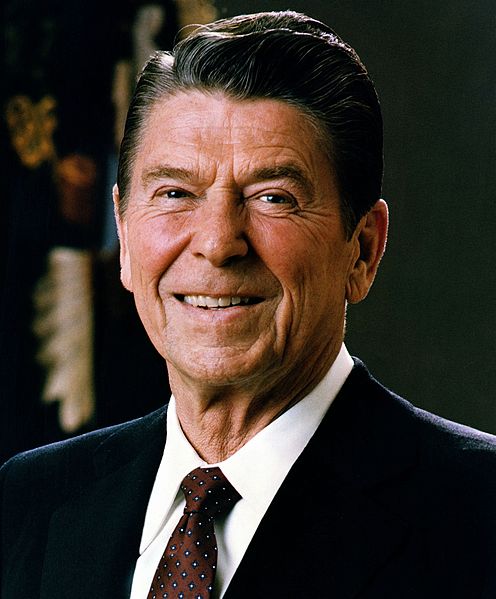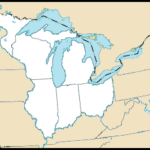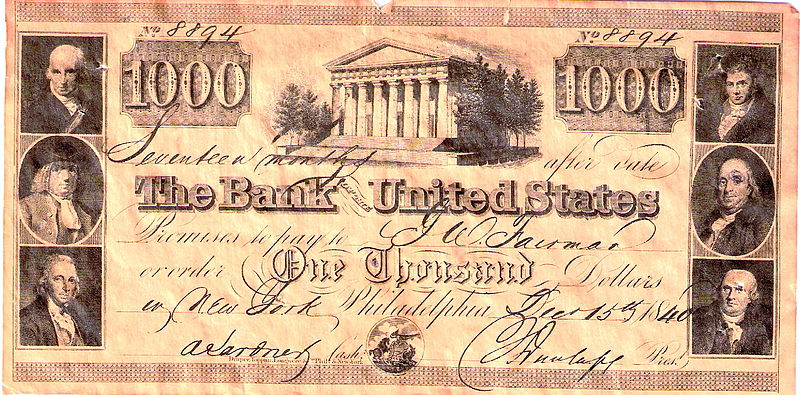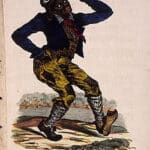These nine topics—one from each of the nine APUSH periods—form the basis for many of the US history questions that you’ll see on your APUSH exam. Ask yourself these questions, check your answer, and then click on the links to corresponding resources to learn more about the topic.
Period 1 (1491-1607)
Question: How did the encomienda system affect Native American cultures?
Answer:
The encomienda system was used by Spanish settlers in the New World. The Spanish used Native Americans as forced labor on their farms and in their mines. Supposedly, the Spanish were offering the Native Americans who worked for them the benefit of protection, but the laborers were often exploited and abused. It amounted to a system of slavery that had lasting negative effects on tribal populations and cultural identities.
Period 2 (1607-1754)
Question: How did the motivations for settlement differ among the British colonies?
Answer:
The first colony, Virginia, was founded by a joint stock company out of a purely economic motive. They were looking for gold and other natural resources in order to bring more wealth back to England. Other Southern colonies tended to have economic motivations as well. Both North and South Carolina were founded for the purpose of profit from farming and trade. Georgia was originally conceived as a debtor colony.
In contrast, New England colonies were founded with religious motivations. Plymouth Colony, which later became part of Massachusetts, was famously settled by Pilgrims seeking religious freedom. They, along with Puritans elsewhere in Massachusetts, sought to be a shining example of morality. This led to extremism and a close connection between church and state, which drove factions to leave the colony (some by choice and some by force) and start their own. These included:
- Connecticut: Founded on the principles of religious and political freedom by Thomas Hooker, who believed the Massachusetts governor held too much power
- Rhode Island: Founded on the principle of separation of church and state by Roger Williams, an exile from Massachusetts
- New Hampshire: Broke apart from Massachusetts mostly for economic reasons
Some Middle Colonies were also founded with religious motivations.
- Pennsylvania: Created as a safe haven for Quakers by William Penn
- Maryland: Founded so that Catholics could have freedom of worship
- Delaware: Founded for religious tolerance
The other Middle Colonies, including New York and New Jersey, were founded for economic and political reasons.
Period 3 (1754-1800)
Question: How did the end of the French and Indian War contribute to the growth of revolutionary sentiments in the colonies?
Answer:
After the French and Indian War, Britain found itself in tremendous debt. In an effort to raise revenue, it ended its policy of salutary neglect in the 13 colonies and began to more strictly enforce mercantilism. The British began to levy new taxes on the colonies, which were met with a great deal of resistance. Following the war, the British also sought more peaceful relations with Native Americans, resulting in the Proclamation of 1763. Colonists greatly resented this restriction on their freedom of movement and it further fueled anti-British sentiments.
Period 4 (1800-1848)
Question: How did westward expansion serve to deepen the nation’s divide over the issue of slavery?
Answer:
The delicate balance of representation in the federal government, especially the Senate, was important to both the North and the South. As the nation rapidly expanded westward, fueled by Manifest Destiny, both pro- and anti-slavery forces battled for the new lands. Each group wanted to expand its territory and enforce their side in the slavery debate.
Period 5 (1844-1877)
Question: How did the Emancipation Proclamation affect the Civil War?
Answer:
The Emancipation Proclamation, which declared slaves in the rebelling states to be free, changed the meaning of the war. Up to this point, President Lincoln had carefully maintained that while he personally opposed slavery, his priority was saving the Union. With the Proclamation, the tone of the war changed and the focus became on freedom. This served to give the North the moral high ground in the final years of the war, and helped to weaken the Confederacy.
Period 6 (1865-1898)
Question: How did immigration change in the late 1800s?
Answer:
The 1880s marked a shift in the demographics of immigrants to the United States. Prior to this, most immigrants came from northern and western Europe. After 1880, more and more came from eastern and southern Europe, as well as from Asia. In response, some quotas and other immigration policies were enacted, such as the Chinese Exclusion Act.
Period 7 (1890-1945)
Question: How did the New Deal change the role of the government?
Answer:
The New Deal made the government more actively involved in people’s lives. It changed the role of the government to that of a protector, with programs such as the FDIC designed to protect consumers from the dangers of completely unrestricted capitalism. The government also set up assistance programs such as Social Security and work programs such as the TVA to help more people obtain secure incomes.
Period 8 (1945-1980)
Question: How did the domino theory contribute to US foreign policy in the 20th century?
Answer:
Throughout the Cold War, the United States feared the further spread of communism. Efforts such as the Marshall Plan and the establishment of NATO were designed to limit the Soviet Union’s growing global influence. This line of thinking was especially evident in US foreign policy in Asia, where it was believed that if one nation fell to communism, the rest would soon fall “like dominoes” (an idea known as the domino theory). This is the reason that the United States was drawn into conflicts in Korea and Vietnam.
Period 9 (1980-present)
Question: How did the Vietnam War affect American foreign policy in the decades that followed?
Answer:
After the Vietnam War dragged on for nearly two decades and failed to bring victory, America fell into what became known as “Vietnam Syndrome.” Americans were hesitant to get involved in another foreign conflict for feat that it would turn into “another Vietnam.” The first Gulf War in the 1990s began to pull the country out of this, as did the wars in Iraq and Afghanistan in the 2000s. The underlying feelings remained, however, as the war in Afghanistan dragged on and people began to compare it to Vietnam.





Leave a Reply